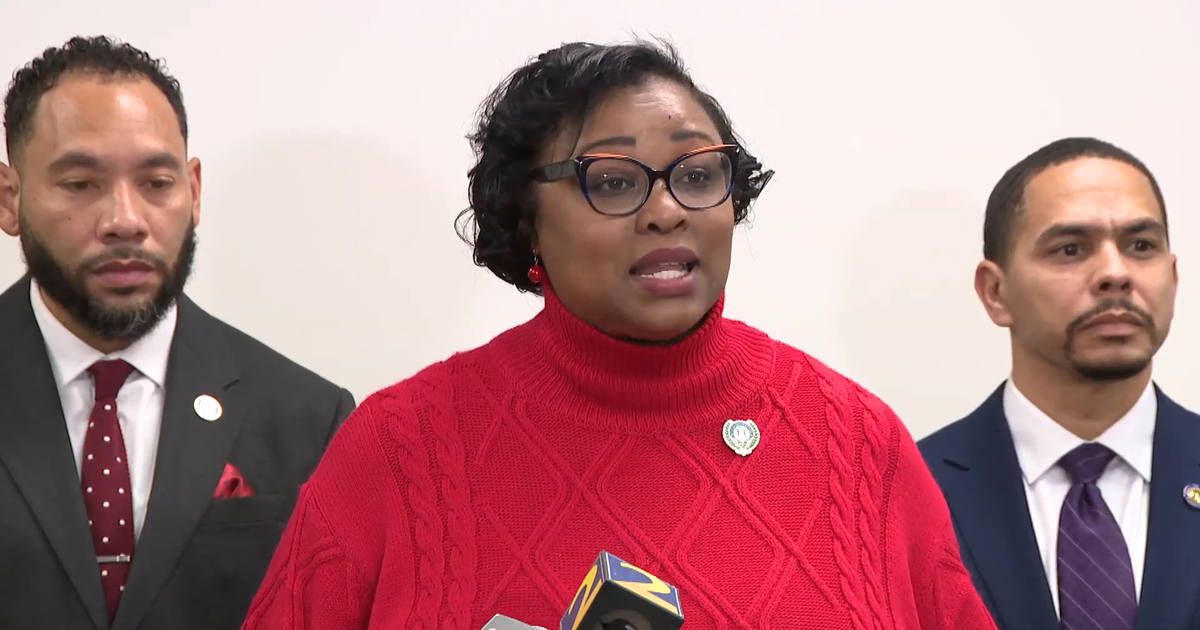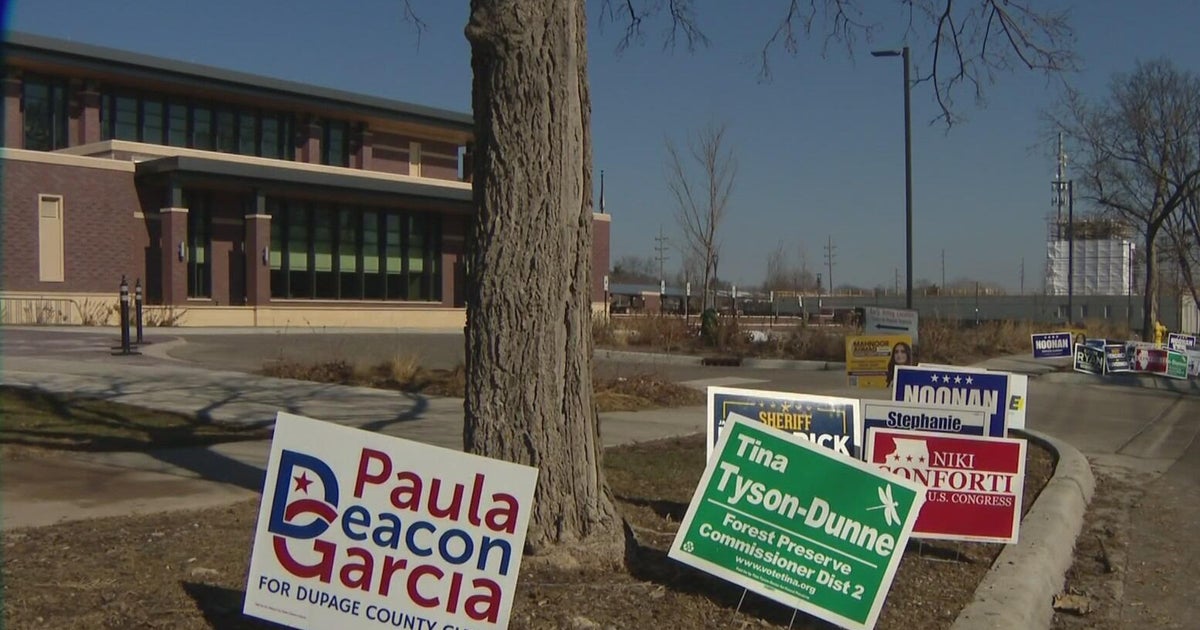Minn. House To Debate Lawmaker Pay Hike Panel
ST. PAUL, Minn. (AP) — The Minnesota House voted Friday to take the politically charged decisions about their salaries out of their own hands, approving a constitutional amendment that would ask voters if there should be an independent state council to set legislative pay.
The House passed the proposed amendment by a 69-62 vote, with all House Republicans and four Democrats opposed. If passed by the Senate, the amendment would go on the 2016 ballot.
"I don't think we should vote on our own pay," said House Majority Leader Erin Murphy, DFL-St. Paul. "I think we should take it out of our hands. I think the citizens of Minnesota will support that."
The amendment had eight Republican co-sponsors, but they joined the rest of their GOP colleagues in opposing its passage. Republicans criticized Democrats for taking up the amendment Friday, with the session due to wrap up Monday and votes still upcoming on the bills that make up the state budget.
"We're focused on the salaries of Minnesota legislators with three days to go, and no budget passed," said Rep. Steve Drazkowski, R-Mazeppa. "This is legislative greed. This is legislative overreach."
Republicans also pointed out that Democrats blasted them for passing two constitutional amendments during the 2011-12 sessions, when the GOP had the majority.
Murphy countered that the House was on track to finish its budget bills on time, too. She called changing the way legislative pay is set "an important reform."
Earlier this session, the Senate voted 34-32 to directly raise salaries for lawmakers, the governor and other elected officials. Five Democrats joined the chambers Republicans in opposition, and the vote generated some public backlash.
Minnesota hasn't raised pay for elected officials since the 1990s. Supporters of doing so argued that makes running for office less attractive for people who must take time off from their regular jobs to serve. Right now, the governor makes $120,000 a year and legislators earn $31,000.
The amendment, if passed by voters, would create a legislative pay council appointed by the governor and chief justice of the Supreme Court. Both would appoint one member from each of the state's congressional districts; membership would have to be split equally between the two political parties, and could not include current or former legislators.
The pay council would set new salary rates once every two years. Currently, 19 other states set legislative pay with similar commissions.
(© Copyright 2013 The Associated Press. All Rights Reserved. This material may not be published, broadcast, rewritten or redistributed.)







